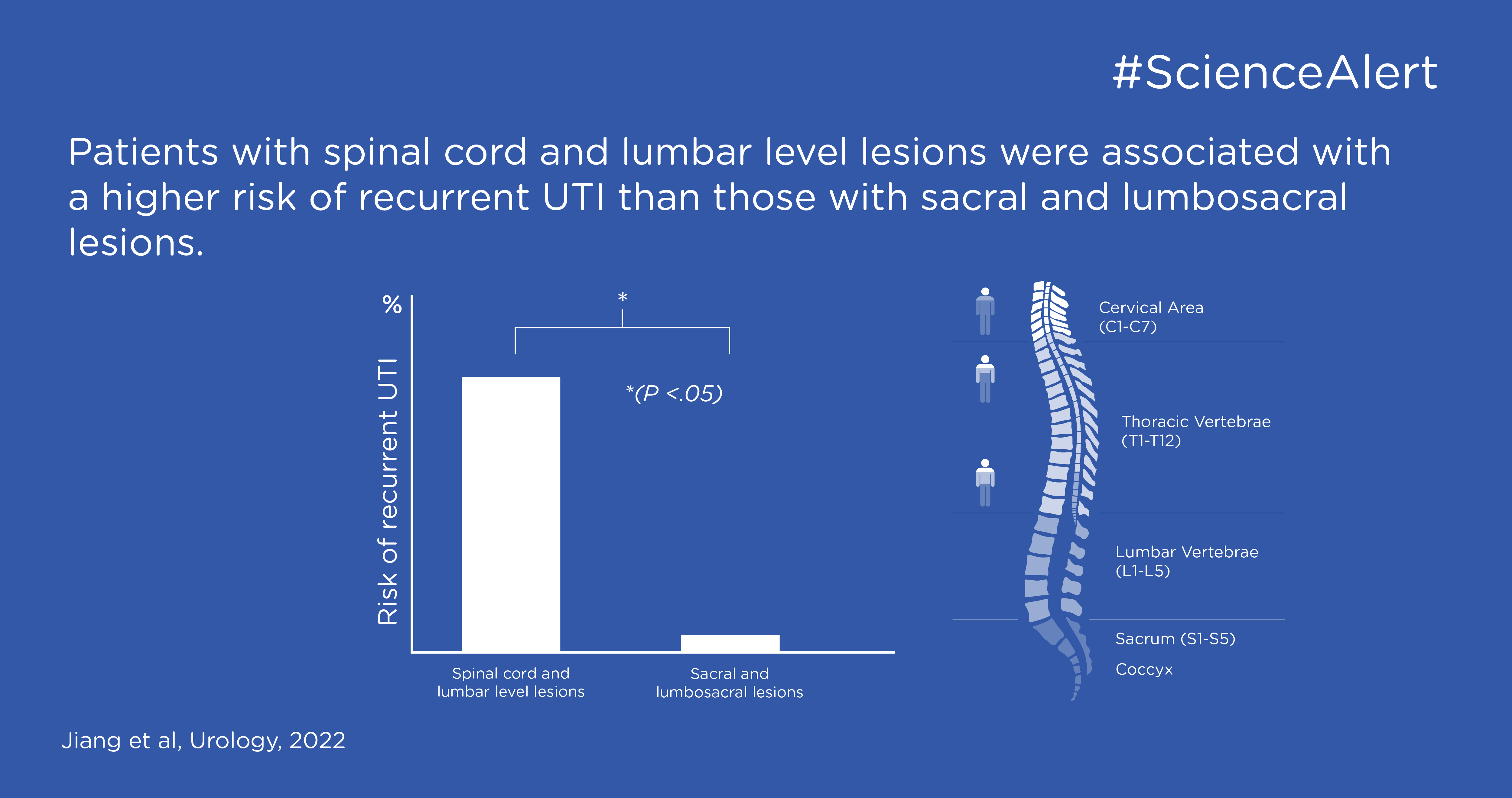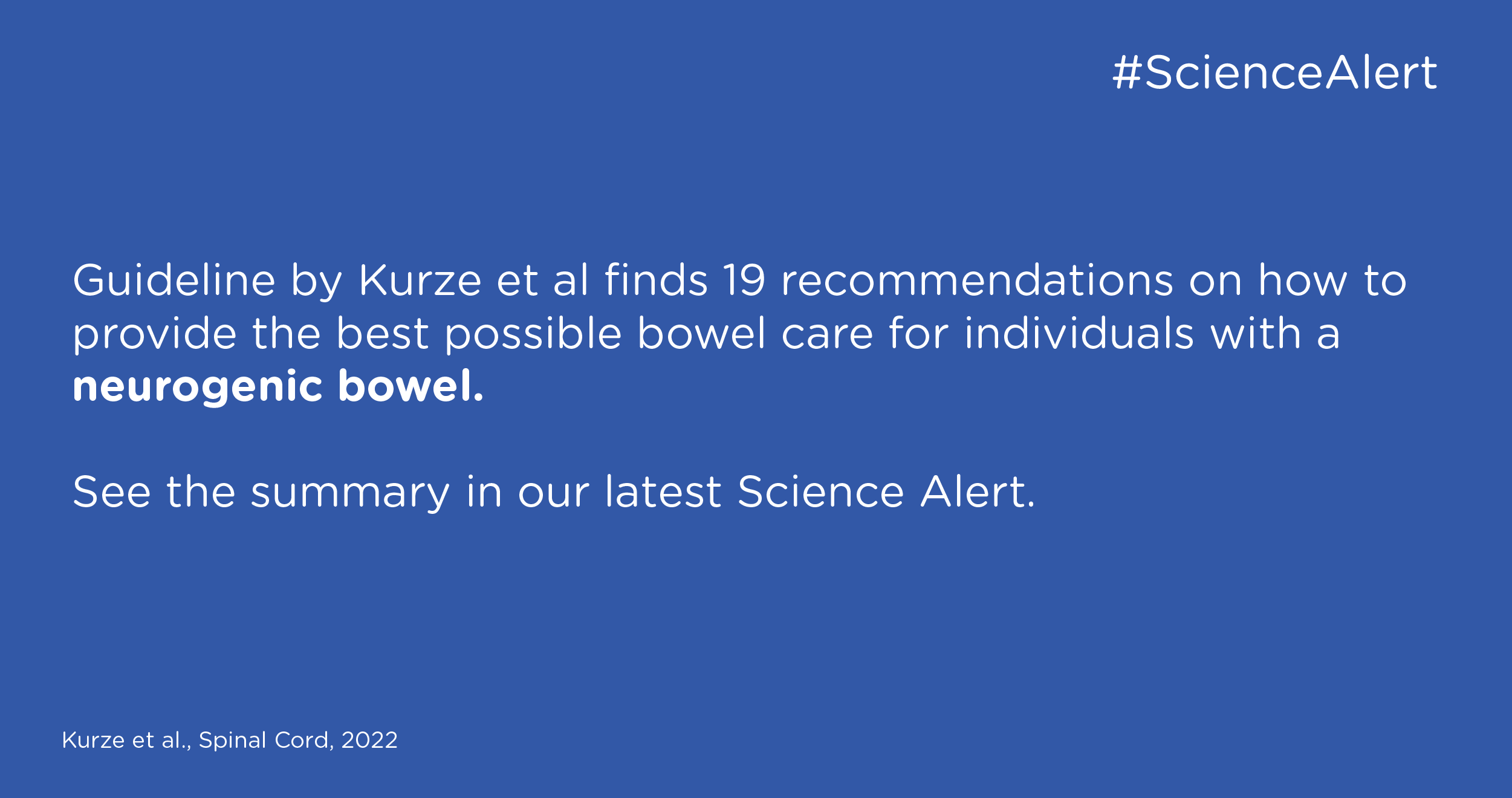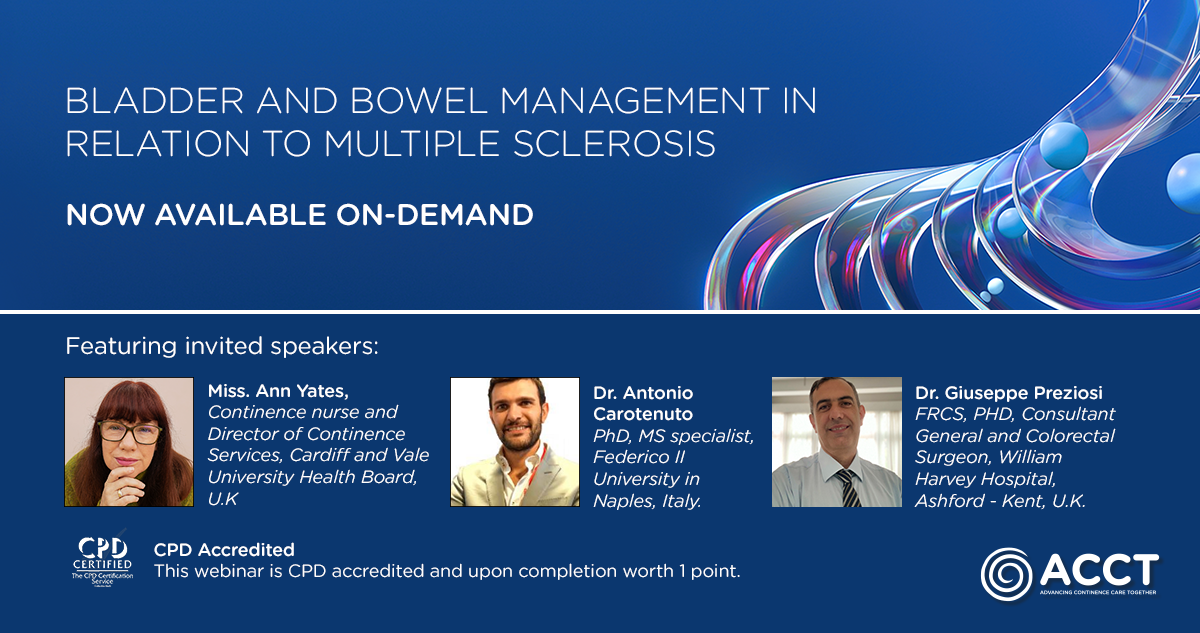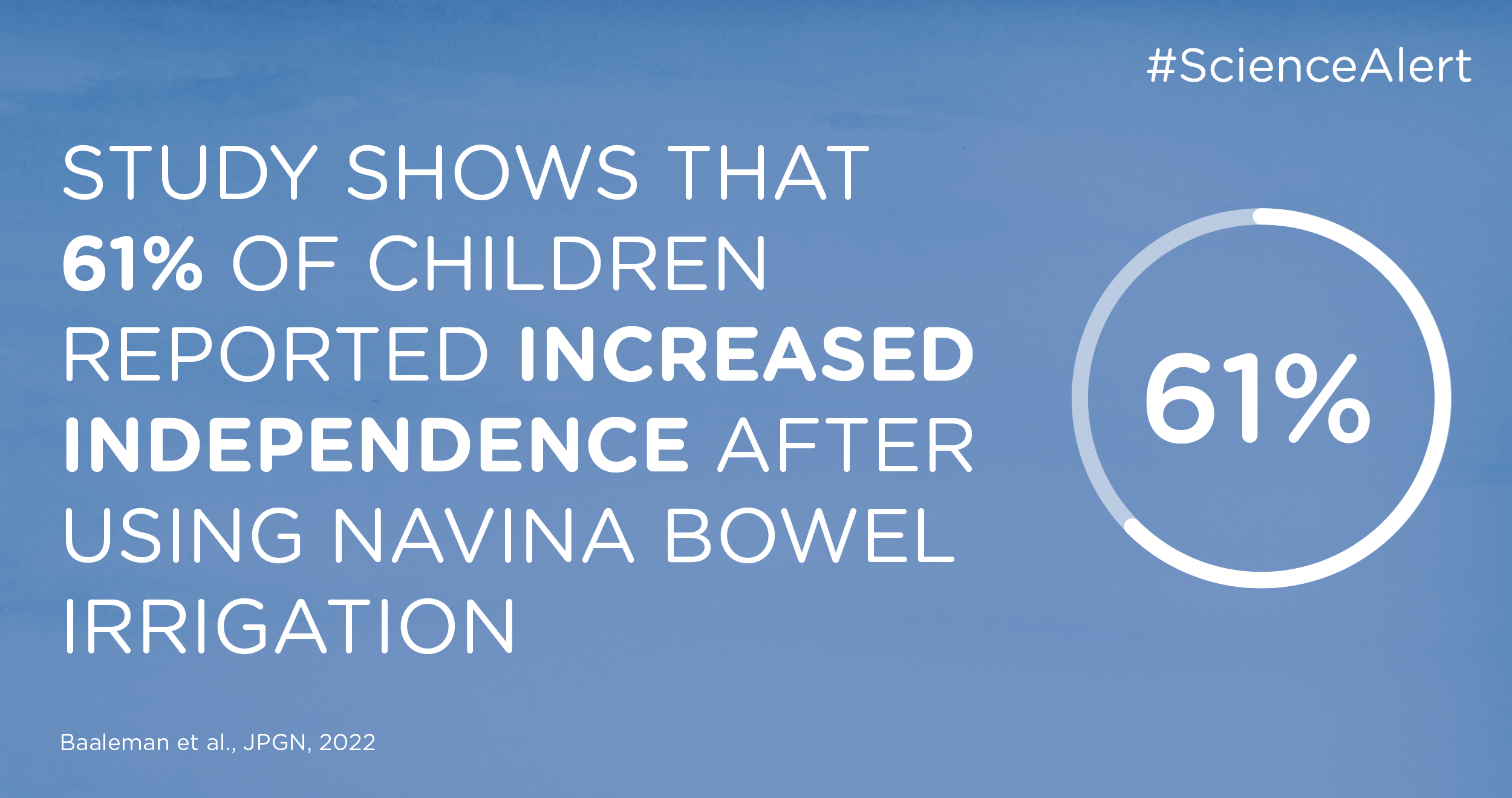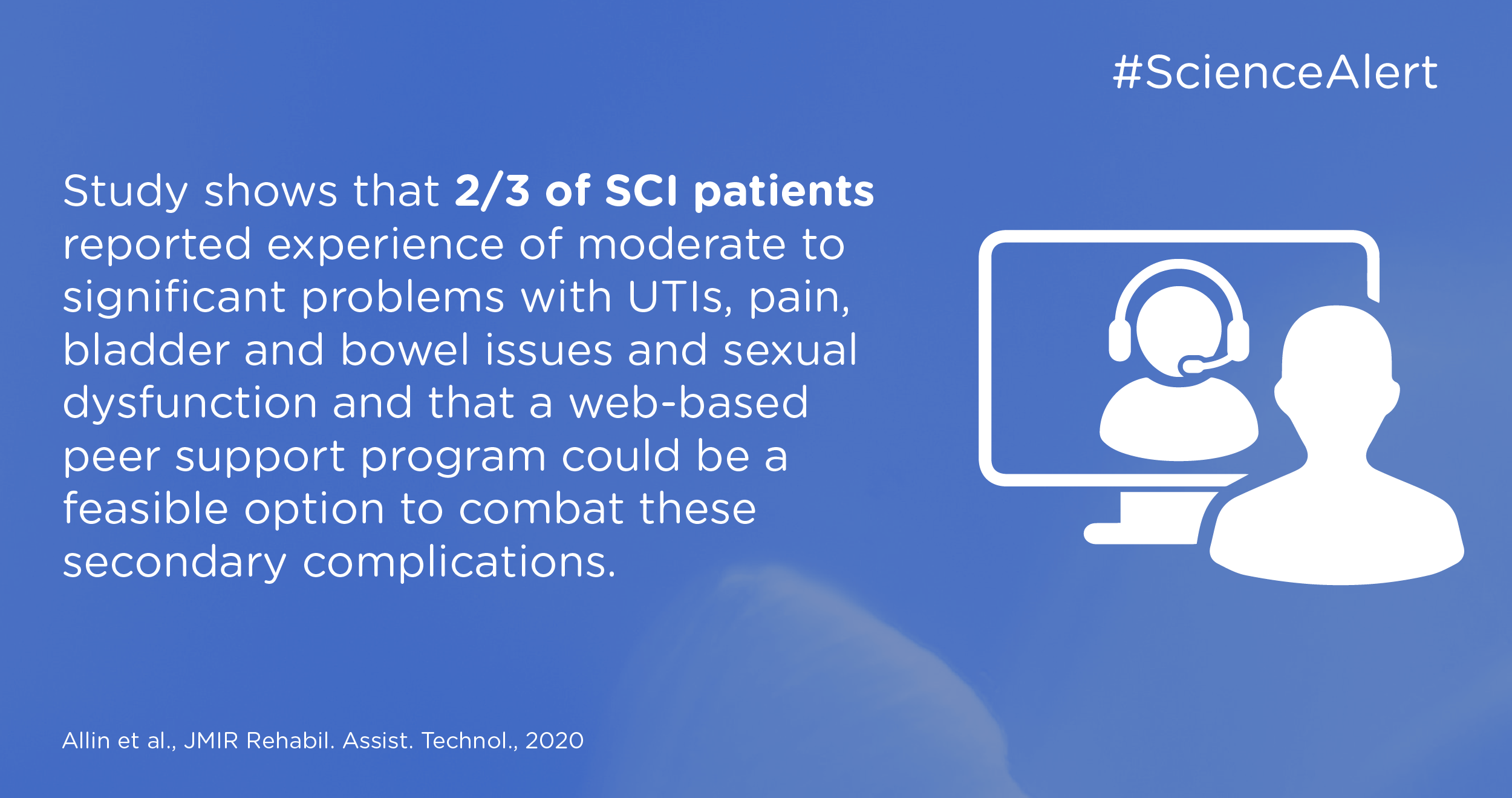The study by Jiang et al is one of the few studies focusing on the risk factors of recurrent UTIs in a large group of children with neurogenic bladder using intermittent catheterization (IC). The study consists by a comprehensive analysis of clinical and urodynamic indicators in children between 9 months and 12 years. Recurrent UTIs in children with neurogenic bladders constitute high risk of leading to severe kidney damage and need to be an area of attention. This study is useful in determining treatments and proactive measures for preventing recurrent UTIs.
Read MoreBowel dysfunction in spinal cord injury is very common and the guideline summarized here aims to provide practice-oriented support for bowel care in spinal cord injury patients. It is well-known that neurogenic bowel dysfunction (NBD) affects quality of life after spinal cord injury and bowel management is important to maintain health and well-being. To achieve a successful bowel management, it requires interdisciplinary teams working together.
Read MoreTopics: Transanal Irrigation, neurogenic bowel dysfunction
Bladder and Bowel Management in Relation to Multiple Sclerosis - Highlights from the ACCT MS Webinar
On the 29th of September we had the honor to host three experts in the field of MS specialist care (and bladder/bowel management) for our ACCT Webinar “Bladder and Bowel Management in Relation to Multiple Sclerosis”. Our key purpose with this webinar was to increase the awareness of bladder and bowel management in MS patients. Bladder and bowel issues are known to be very common with MS, but often there is a lack of cross functional medical teams to handle these issues.
Read MoreIn this science article a combined retrospective and cross-sectional survey study investigates chronic idiopathic constipation in children and bowel regimen with bowel irrigation, also called transanal irrigation (TAI).
Read MoreTopics: Transanal Irrigation
In this article Allin et al. explores the feasibility and potential impact of health-coaching support for individuals with spinal cord injury (SCI).
Read MoreTopics: Spinal Cord Injury
